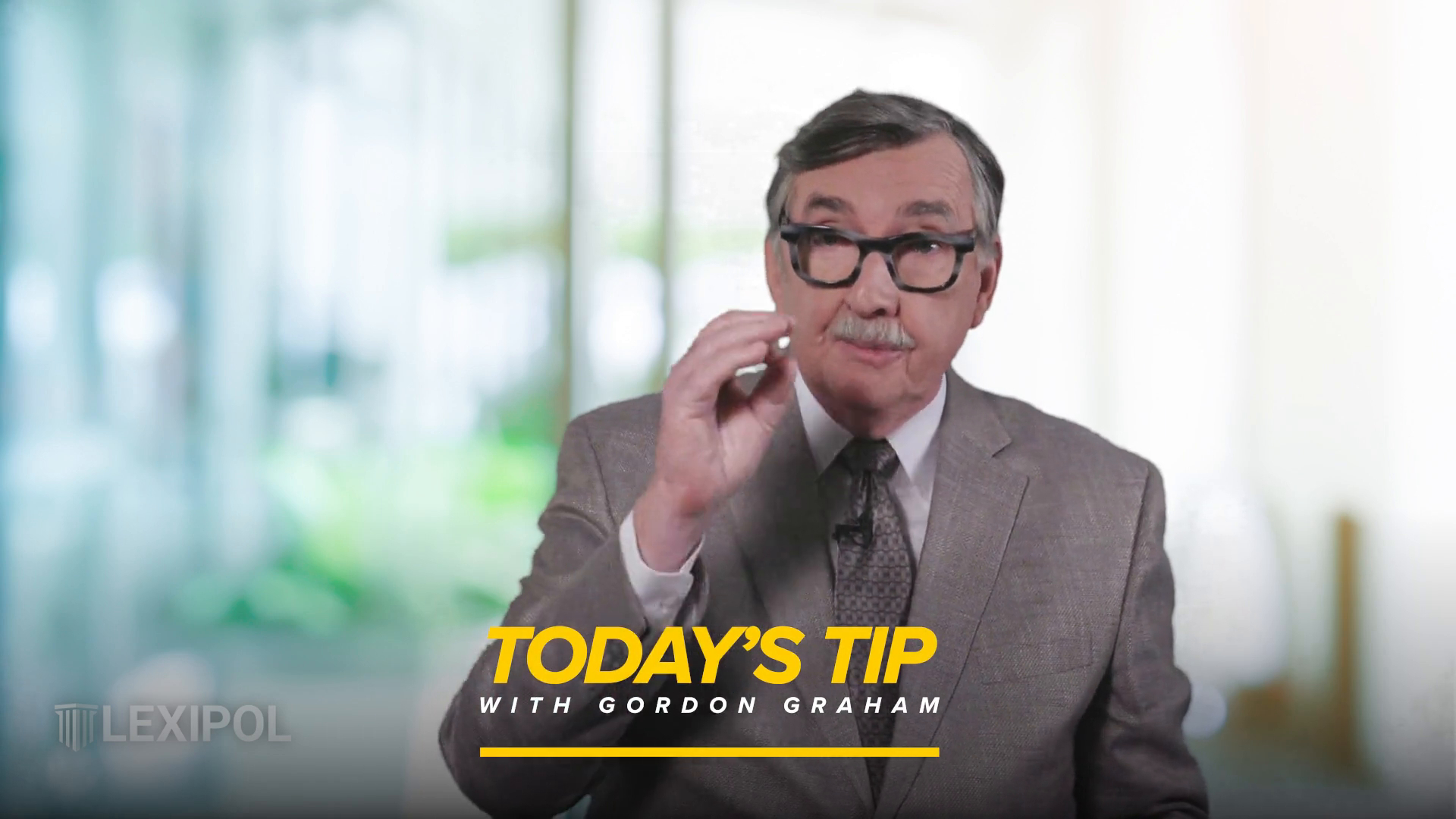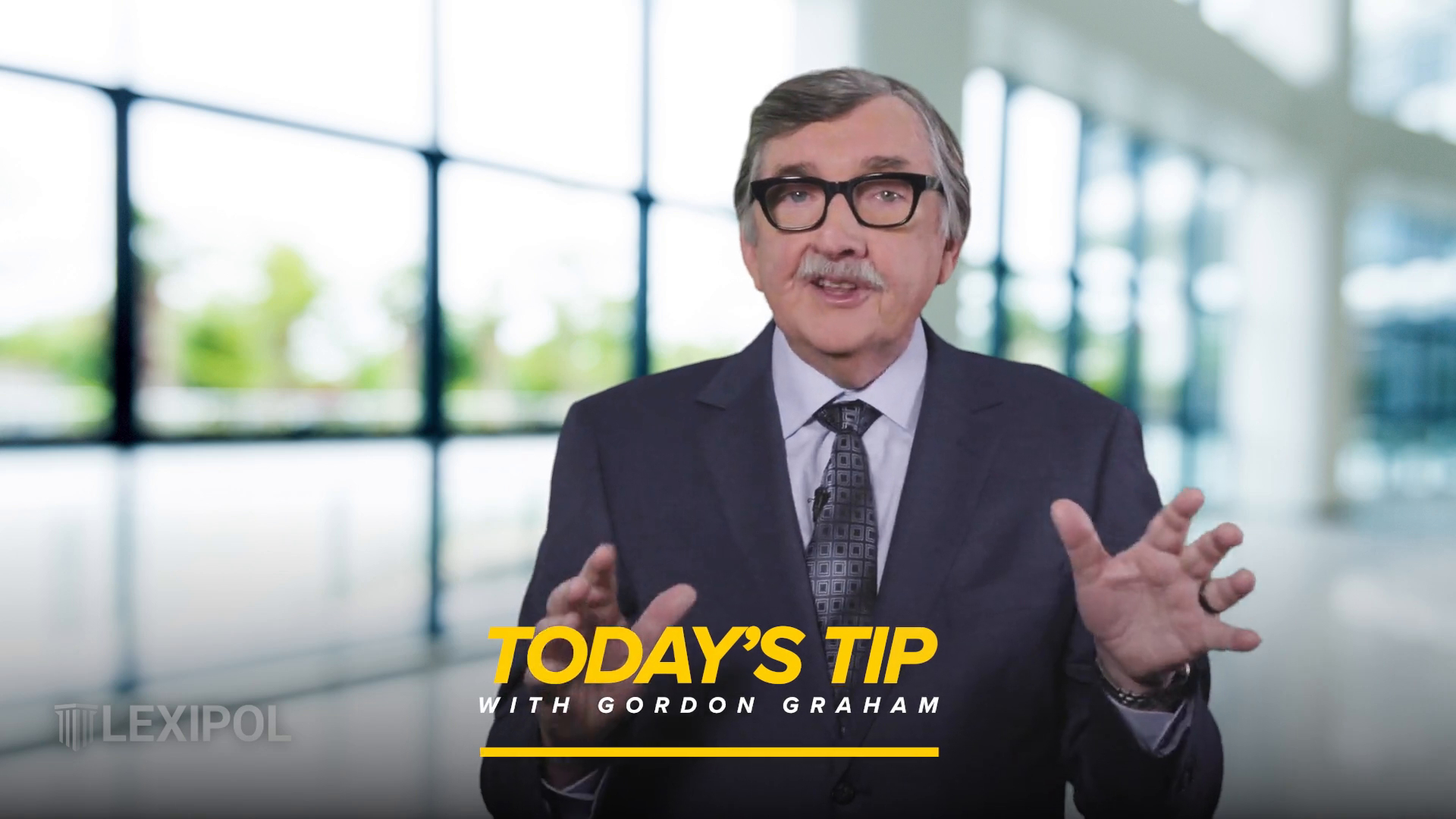Active Listening in Public Safety: A Critical Skill
Category: Public Safety
Gordon Graham here with Today’s Tip from Lexipol. Today’s Tip applies to everyone. It’s about a basic principle of human communication called listening. You heard me folks. Or did you? Were you really listening? In our arsenal of advanced technological resources, there’s no better tool than a good set of ears. People want to be heard. And that requires your undivided attention.
Listening allows us to provide the right level of service when people need it the most.
Here’s where things get tricky. Only 45% of human communication involves listening. To make matters worse, most of us speak at a rate of about 125 words per minute. But we have the capacity to understand someone speaking at about 400 words per minute. That means we’re only using about 25% of our mental capacity during a conversation. So what you do with the remaining 75% is important. And it’s a big reason why our mind easily wanders, or we lose focus.
Don’t forget about the technologies we have. These days we have tons of distractions. The radio, your cell phone or mobile device, the computer terminal in your unit. All of these devices can inhibit our ability to remain focused. Remember, our job is to serve the public. Listening allows us to provide the right level of service when people need it the most.
Now I know some of you’re thinking. “Well Gordon, it sounds like we’re all biologically wired for failure when it comes to being good listeners.” And you know what? That’s true. We’ve never backed down from a challenge. So here are some simple ways we can improve this valuable skill. First, make eye contact and stay in the moment. Nodding your head and using simple gestures or verbal affirmations keeps the person speaking engaged. Don’t forget to identify important or supporting elements of the conversation. Then, summarize or reframe what the person is telling you. Try not to interrupt the speaker. And, wait for a pause to ask questions. It’s also important to pay attention to non-verbal cues. Limit judgments and ask clarifying questions as the opportunities arise.
Human communication is a complex science. With practice and mental focus, we can leverage good listening skills to everyone’s advantage. Remember, active listening is critical in the public safety realm. Your life or the life of someone else could depend on it. And that’s Today’s Tip from Lexipol. Gordon Graham signing off.





